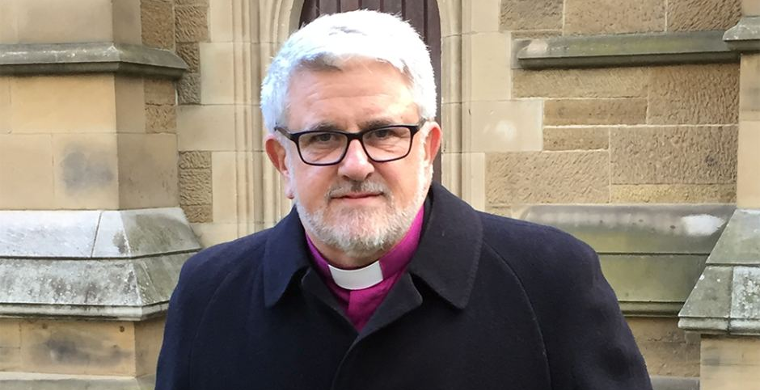AUSTRALIAN EVANGELICALS: NEW ANGLICAN HOME
GAFCON Australia is planning a new Diocese for Anglicans who feel they have to leave their existing denominational home
By Chris Sugden
www.virtueonline.org
August 19, 2021
In November 2020 the Appellate Tribunal of the Anglican Church of Australia (ACA) found no canonical objection to the Diocese of Wangaratta continuing services of blessing for same-sex unions. It used similar reasoning as the Church of England project Living in Love and Faith (LLF) -- that theologians are divided over what Scripture says, and that sexuality is not central to the Christian faith.
In doing so, the Appellate Tribunal declined to follow advice they had requested from ... the House of Bishops and the Board of Assessors ... (who) unanimously affirmed the historic and Biblical teaching on personal sexual ethics'. The Tribunal, GAFCON claimed, relied upon a disputed definition of the meaning of 'doctrine' rather than on a wholehearted and glad embrace of the life-giving word of God.
On 19 July 2021 at their Australasian Conference, GAFCON Australia announced an extra-provincial diocese to provide an Anglican home for those who in conscience cannot remain in the denomination, and create an option to leave the denomination in future. This was endorsed by the Archbishop of Sydney.
The Chair of GAFCON Australia, Tasmania Bishop Richard Condie, said: 'We realise that many faithful Anglican clergy and lay people will no longer be able to remain as members of the ACA if changes allowed by the Appellate Tribunal majority opinion take place in their dioceses.
'We love these people and don't want them to be lost to the Anglican fold,' he said. 'We want them to be recognised and supported as they love and serve their own communities.
'In the beginning, former ACA churches would be able to join as affiliates of the new entity, through an affiliation agreement. At a later date, these churches will become a Diocese, establishing a Synod to elect a Bishop and Standing Committee,' said Condie.
At issue is not only faithfulness to Biblical teaching that confines sexual relationships to a man and woman in marriage ( for the good of each other, children, and society), but what is meant by unity among Christians. The Primate of Australia called for unity. GAFCON has from the beginning argued that such unity is first of all 'unity in the faith and in the knowledge of the Son of God' (Eph. 4.13) as opposed to a merely organisational or institutional unity.
Author's further comment: The greatest organisational issue facing, for example, the Church of England is safeguarding under-age children against sexual abuse; and with good reason. One diocese has 20 outstanding cases which will cost millions in compensation. Yet, at the same time some, mainly Western sections of the Anglican Church worldwide seek, as GAFCON Australia notes, to breach the biblical teaching on sexual relations which is intended to guard against such abuse. Clearly the central value for such sections is unrestricted individual autonomy and self-expression.
The only way to understand such contradiction is that for these sections of the church, breaching the autonomy of those under 18 by misuse of power is for them a more serious denial of their core values than contradicting the biblical teaching on sex which would prevent such abuse in the first place.
END














